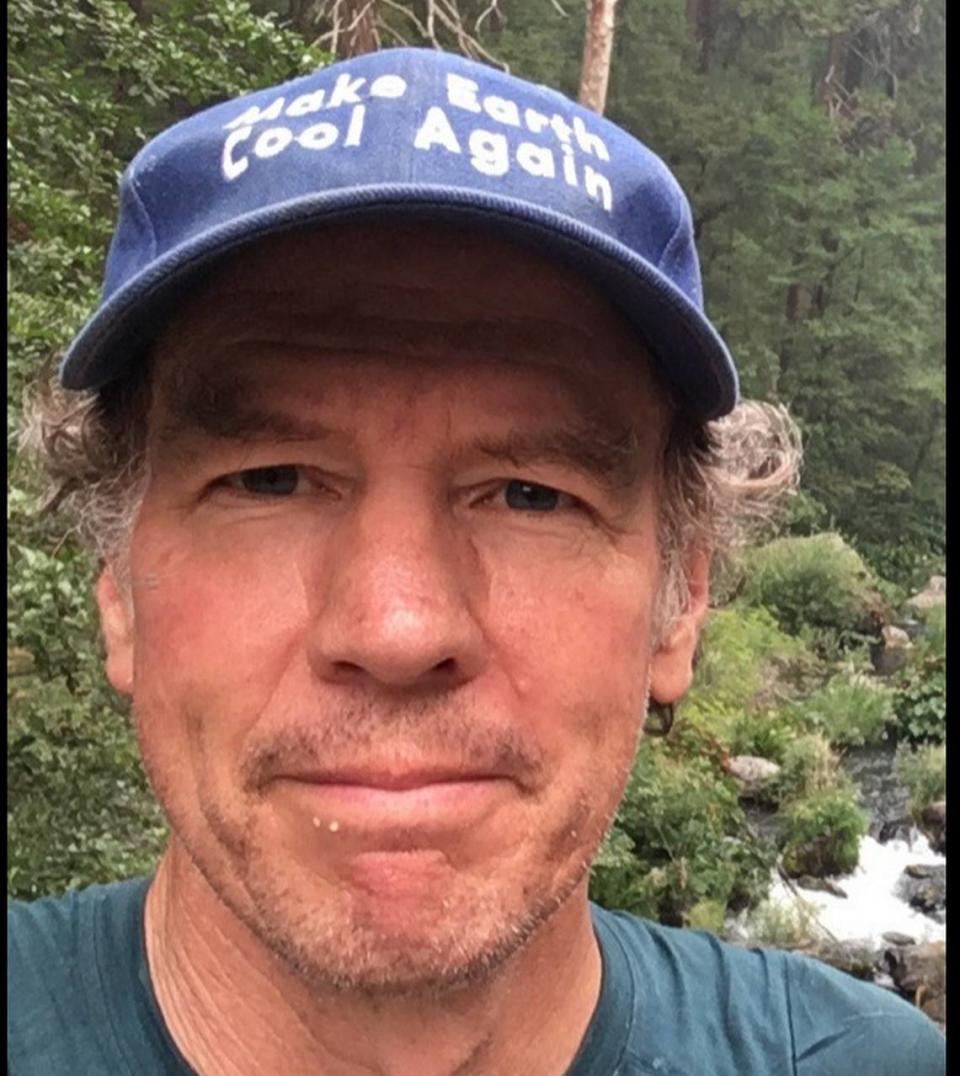After a divisive election, here’s how Washingtonians can build bridges with neighbors | Opinion
I write this before the election without a clue who will be our next president. I do know that polling suggests it is too close to call. It could go either way.
I write this column now because my message is to everyone regardless of the outcome or who you voted for.
Our two-party political system is deeply fractured. Every problem our country faces has become a weapon used by extremists in each party to gain political advantage rather than to be solved and thereby relieve suffering and improve lives. Examples include climate change, immigration and gun violence.
Lies and misinformation have become so common in media and in political discourse that many people simply don’t know who or what to believe.
Statements by extremists are often taken out of context and used to misrepresent the opinions of the entire swath of humanity on the other side of the political spectrum. Friendships, marriages and churches break up over differences that are not as actually as great as perceived.
Opponents are demonized and dehumanized, opening the door to violent actions by unstable members of either political party.
Responsible representatives and even poll workers quit in the face of threats of violence to their family.
There is a better way, and you can be part of the solution.
First, look for opportunities to deepen relationships with people you disagree with. Let go of the possibility of changing their minds. Instead, seek understanding by meeting with them, asking questions and listening carefully with the goal of identifying values that you hold in common with them.
Examples might be physical and economic security, love of family, outdoor recreation. Then discuss those common values and how they manifest in your lives. You’ll be surprised at how much you have in common.
If feelings arise in yourself or others, acknowledge them as real; this is an opportunity to deepen understanding of self and others by asking questions about what is driving that feeling.
To reduce enmity, identify actions (for example, service to community or courageous decisions) they take that you can appreciate, and tell them that.

Second, to establish a stronger base for your own opinions, expand your ability to discern fact from fiction by developing your critical thinking skills. Expose yourself to a wider variety of information sources, and test the truth of statements by tracking down sources rather than simply trusting communicators.
Develop your ability to detect bias in statements. Can you detect an agenda behind them? Are findings exaggerated? Do statements cherry-pick data rather than consider the full context? Do they confuse causation with correlation? Do they use logical fallacies like false choice, slippery slope arguments and hasty generalization?
Exercising these skills is not easy, but sadly it is necessary in this age of misinformation to prevent regrettable decisions and extreme positions in political discourse.
We’re understandably exhausted by this election season. Give yourself a break and take care of yourself.
Then, improve your own decision-making skills and build bridges to understand people you disagree with. As we each do this, we’ll all be safer, saner and more connected with others.
If you want to meet other bridge builders, I recommend the organization Braver Angels.
Retired climate scientist Steve Ghan leads the Tri-Cities Washington Chapter of Citizens Climate Lobby, builds homes for Habitat for Humanity, leads crews that remove logs from the Pacific Crest Trail, and serves as Treasurer for the Three Rivers Folklife Society.


